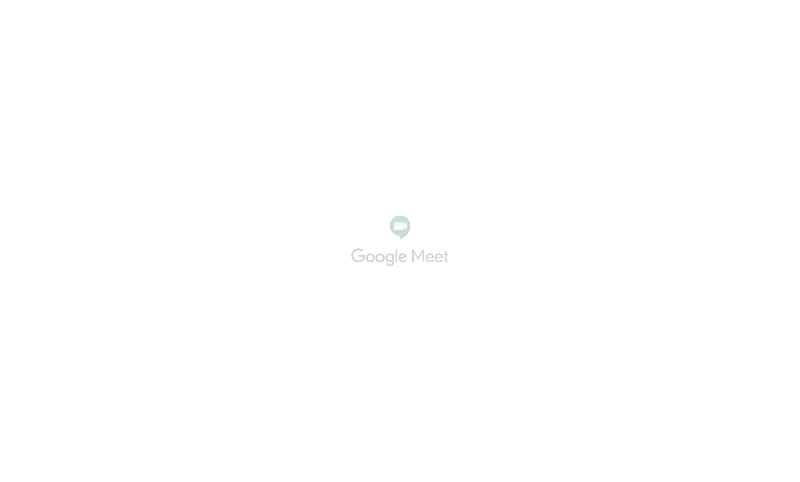Google Cloud has just announced today that it is making Google Meet free for everyone, with availability rolling out in the next few weeks.
Before this announcement, Google Meet has only been available as part of G Suite – a collaboration and productivity solution for businesses, organizations and schools.

Starting in May, anyone with an email address can sign up for Meet and enjoy many of the same features available to G Suite’s business and education users, such as simple scheduling and screen sharing, real-time captions, and layouts that adapt to your preference, including the expanded tiled view.

Google will be gradually expanding its availability to more and more people over the following weeks. This means that users might not be able to create meetings at meet.google.com right away, but they can opt to be notified when it is available.
Video meetings built on a secure foundation
Meet is designed, built and operated to be secure at scale.
Here are a few of the default-on safety measures:
- Meet provides a strong set of host controls such as the ability to admit or deny entry to a meeting, and mute or remove participants, if needed.
- It does not allow anonymous users (i.e., without a Google Account) to join meetings created by individual accounts.
- Meet meeting codes are complex by default and therefore resilient to brute-force “guessing.”
- Meet video meetings are encrypted in transit, and all recordings stored in Google Drive are encrypted in transit and at rest.
- No plugins are required to use Meet on the web. It works entirely in Chrome and other modern browsers, so it’s less vulnerable to security threats.
- On mobile, there is a dedicated Google Meet apps in the Apple App Store and Google Play Store.
- Meet users can enroll their account in Google’s Advanced Protection Program — Google’s strongest protections available against phishing and account hijacking.
- Google Cloud undergoes regular rigorous security and privacy audits for all its services. Our global compliance certifications can help support regulatory requirements such as GDPR and HIPAA, as well as COPPA and FERPA for education.
- Your Meet data is not used for advertising, and no data is sold to third parties.
Learn more at the following blog post: www.blog.google/products/meet/bringing-google-meet-to-more-people/
🤓 Like what you read?
Stay updated by following us on Telegram, Facebook, Instagram or on our YouTube channel.







